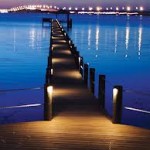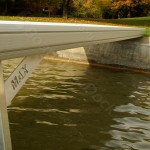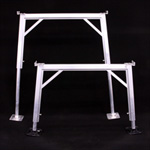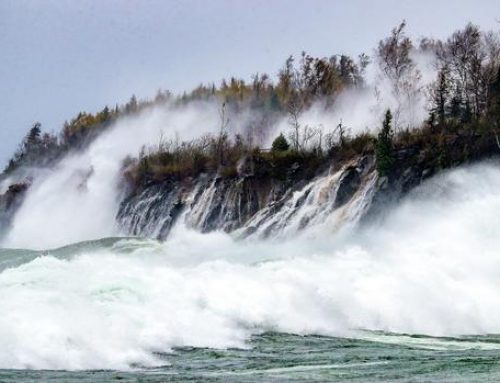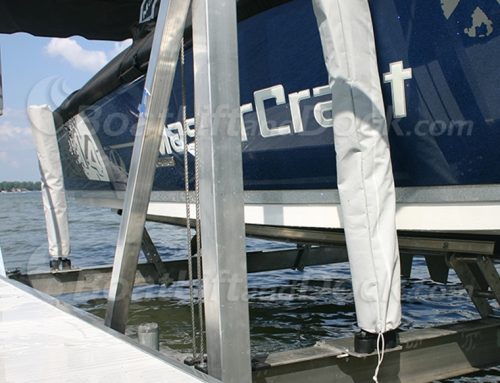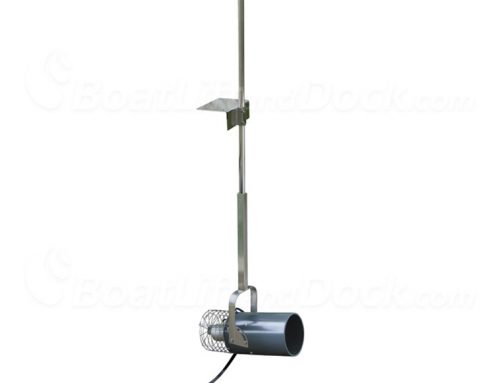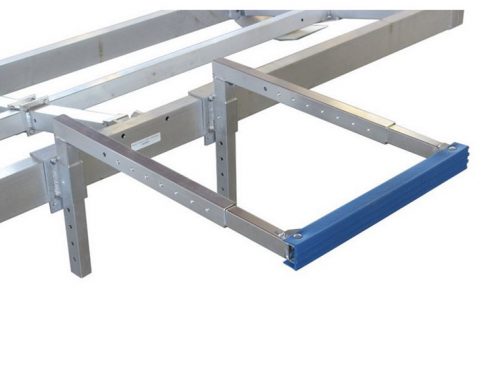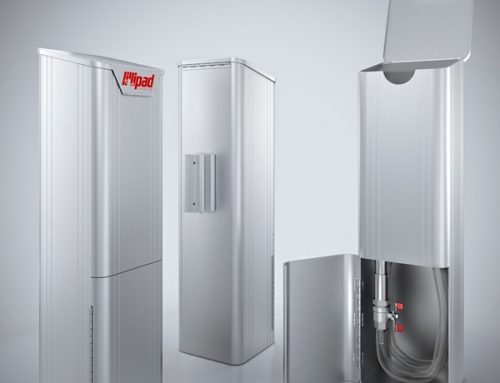Running aground is no fun, just ask the captain of the Exxon Valdez. Over the last few years there have been some significant changes to the environment of Michigan’s lakes that directly impact those of us who own one of the 800,000+ boats registered in the state of Michigan. Michigan ranks third in the nation for boating population and recent developments in weather, both natural and political, have placed this crucial economic past time directly at the center of action.
With lakes Michigan, Huron, and St. Claire at record lows; 16” lower than they were a year ago, many of the crucial recreational harbors that are frequented by the boating masses are in danger of closing due to very low water levels. In response to these developments Governor Snyder, in coordination with the DNR, DEQ, and ACOE, has moved to divert $21 Million from other programs to initiate emergency dredging of Michigan’s commercial and recreational harbors; with 70% of the funds delivered to affected communities in the form of grants to pay for the dredging. Unfortunately, many of the municipal and public harbors are still looking for the resources to address the low water issue.
Although the official language of the plan specifically targets what is known as the Primary Harbor Safety Network, aka Harbors of Refuge, the economic impact of reduced recreational access to Michigan’s waterways remains central to the State’s motivation. The boating and fishing industries and their attendant public investment, in the form of seasonal recreational spending, bring many economic benefits, yielding just over $7 Billion for Michigan’s economy, including over 51,000 jobs for Michigan residents. Any way you look at it the new normal for the Great Lakes Basin seems to be lower than average water levels, a reality that impacts anyone who lives on or near the Great Lakes, especially those who spend their free time out on the water. The environmental changes that are occurring have effects beyond the limiting or elimination of harbor access to lake communities.
With lowering water levels, many public and private lake docks are either high and dry or no longer adequate for their intended purpose. The distance between the dock and the water has increased; leaving watercraft that can reach them sitting lower, resulting in a less convenient experience getting into and out of the boat. Further, with the shifting in the coastline due to lower water levels, some of the docks that used to get people out on the water are too short, requiring further investment to extend their reach.
The increased height off the water requires that many of the existing dock assemblies be lowered. In most cases this process should be a matter of physically lowering the settings of the existing dock supports, however, many may also find that their exiting support framework is not designed for such low water conditions.
If you are using aluminum dock posts to support your dock then the adjustment should be simply a matter of adjusting the cross-arm assembly, yet if this is not your situation then you may need alternative supports. Aside from further investment in dock supports, it may be possible to install some dock stairs or steps to get you down from the dock to the boat. For many this may be a good solution until the water levels come back up or the intended dredging alters the conditions in their harbor.
Last summer’s high temps and the relative low precipitation the last few winters has resulted in a marked increase in seasonal evaporation and low water levels across the Great Lakes Basin. The intended solutions being put forward now will affect everyone who lives and plays on the Great Lakes. The economic impact, both public and personal is at the heart of the matter for everyone involved and a significant investment will be required to “ford” these changes. The best approach is to get a handle on what’s going on, how it affects you, and how you can address the situation. Knowledge of what’s going on will keep you from running aground whether you’re coming or going from the harbor.
© 2013 BoatLiftandDock.com


